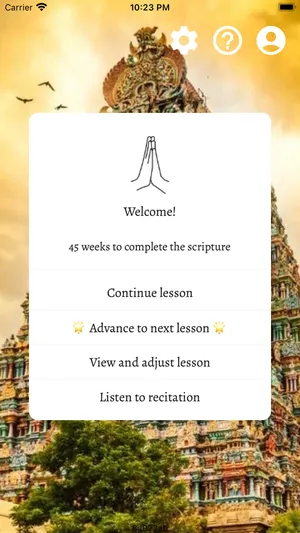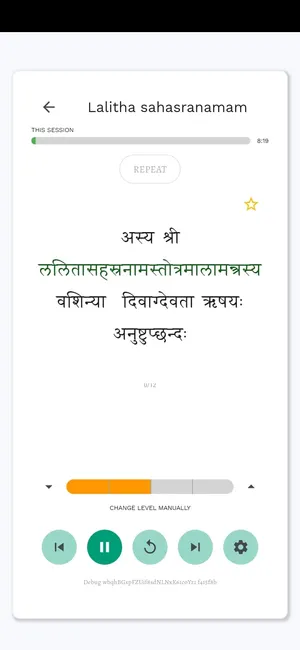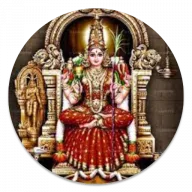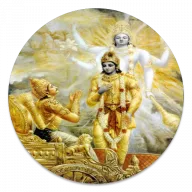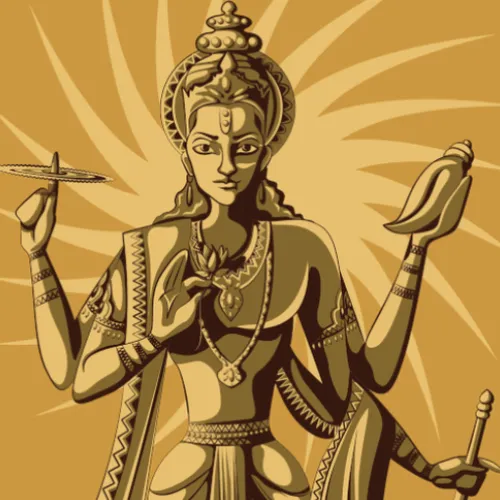
Learn Vishnu Sahasranamam
Vishnu Sahasranamam is one of the most revered and widely chanted hymns in Hindu tradition. It appears in the Anushasana Parva of the Mahabharata, where Bhishma, lying on the bed of arrows, reveals it to Yudhishthira as the ultimate path to peace, prosperity, and liberation. The term “Sahasranamam” means “a thousand names,” and this sacred stotra praises Lord Vishnu through one thousand divine names, each reflecting His supreme qualities, attributes, and manifestations. Chanting or listening to the Vishnu Sahasranamam is considered a powerful spiritual practice. Devotees believe it purifies the mind, removes obstacles, brings inner strength, and invokes divine blessings for health, happiness, and harmony. Its verses emphasize Lord Vishnu’s role as the protector of the universe, the preserver of dharma, and the embodiment of compassion and truth. Beyond religious significance, the hymn has deep philosophical meaning, teaching that the divine pervades all existence. It is often recited in temples, homes, and spiritual gatherings, especially during auspicious occasions. For seekers, it serves as both a devotional practice and a meditation on the eternal presence of the Lord. Vishnu Sahasranamam continues to inspire millions, guiding devotees toward peace and spiritual fulfillment.



